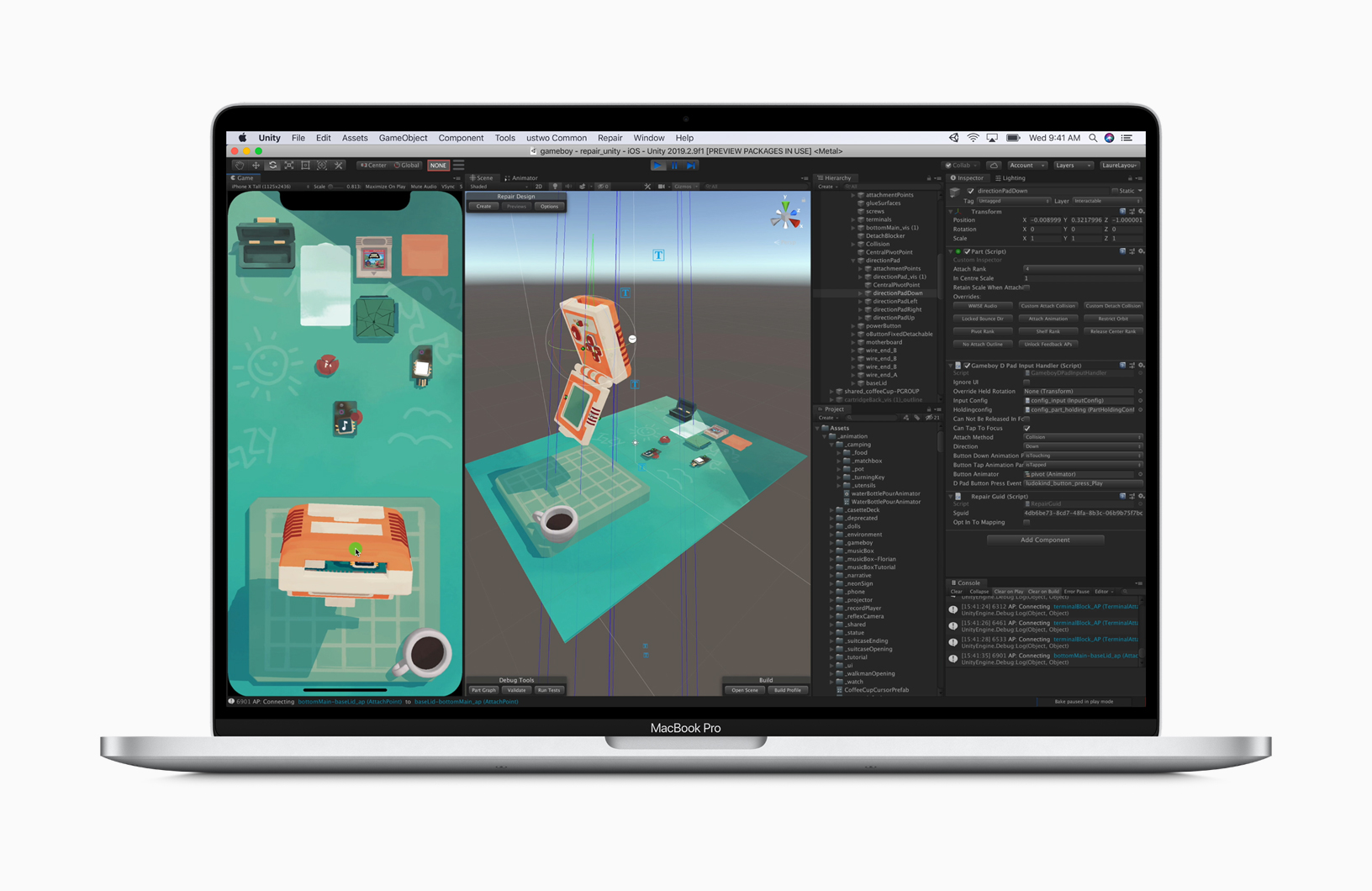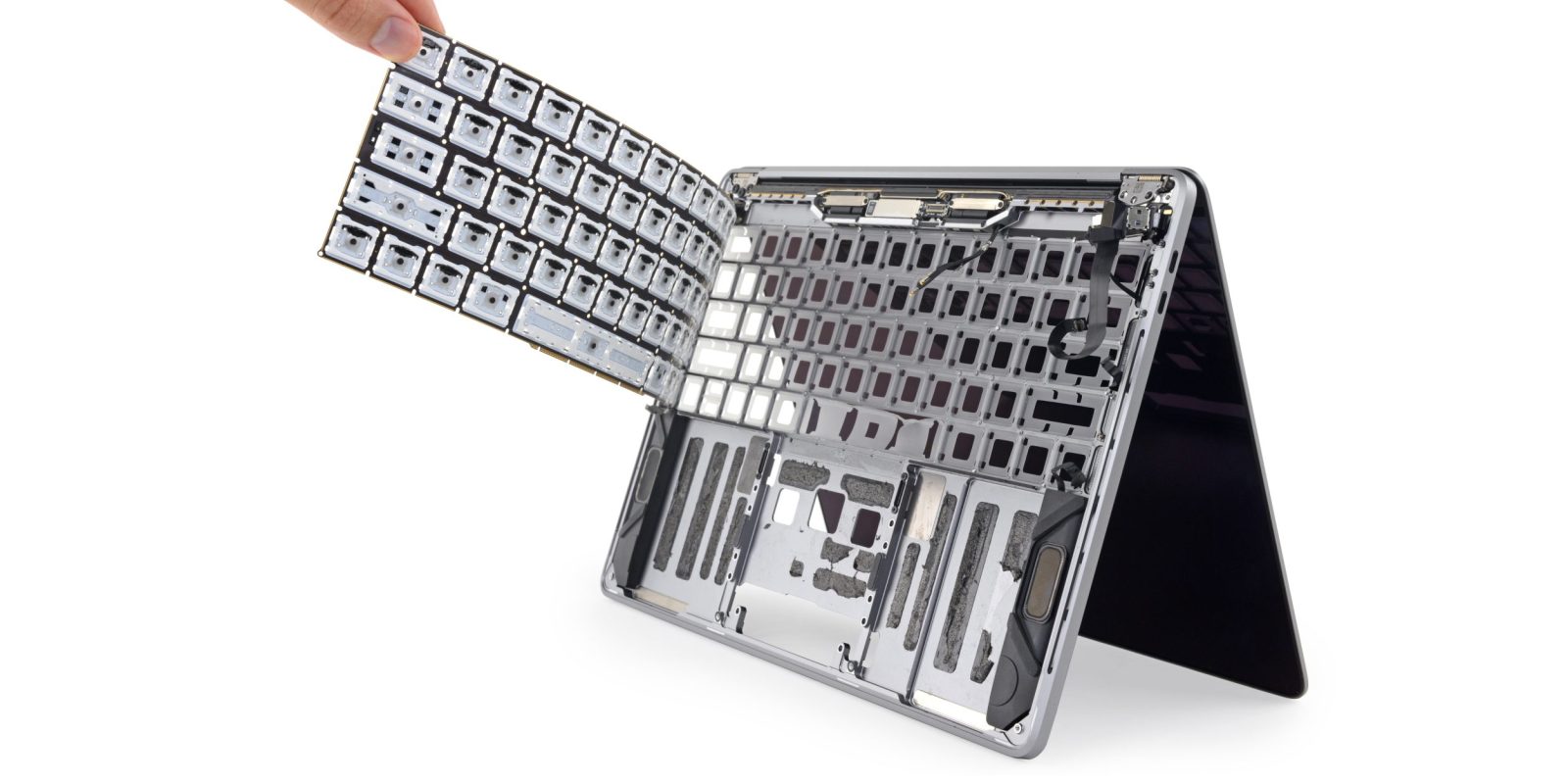Retina Display MacBook Pro Q&A
My MacBook Pro is a 13' mid-2014 retina, A1502 model. The NVMe SSD I have installed is a Samsung 970 Evo NVMe M.2 SSD - capacity of the drive is 1TB. Steps to install: 1) Create Time Machine back up of MacBook. For those that don't know Time Machine is free, it is made by Apple and comes pre-installed on your MacBook.
- Higher-end 16-inch MacBook Pro upgrade options: 2.4GHz 8-core Intel Core i9 processor - +$200. 32GB 2666MHz DDR4 RAM - +$400. 64GB 2666MHz DDR4 RAM - +$800. Radeon Pro 5500M with 8GB memory - +$100.
- Here’s the lowdown on upgrading your 2009-2012 13-inch MacBook Pro RAM: TUTORIAL: Upgrade your 2009-2012 MacBook Pro RAM. Between more RAM and a nice speedy SSD, you’ll have a 13-inch MacBook Pro that boots in seconds, launches apps lickety-split, and can handle bigger data files than ever before.
Update Published January 28, 2021
All Mac Q&As >>Retina Display MacBook Pro Q&A (Home)
To be notified of new Q&As, sign up for EveryMac.com's bimonthly email list.
If you find this page useful, please Bookmark & Share it. Thank you.
How do you upgrade or replace the storage in the 15-Inch Retina Display MacBook Pro models? Is it even possible?
By default, all 15-Inch Retina Display MacBook Pro models are configured with either 256 GB or 512 GB of SSD storage.
As originally introduced on June 11, 2012, Apple only offered 768 GB of storage for the high-end MacBook Pro 'Core i7' 2.6 15' (Retina). However, as first reported by C|Net, starting on or around August 2, 2012, Apple also added 512 GB and 768 GB storage options for the entry-level model. Via custom configuration, the 'Early 2013' models had 768 GB of storage as a option and all subsequent models have had 1 TB as an option.
Officially, it is not possible for an end user to upgrade the storage in any Retina Display MacBook Pro model after purchase. However, as firstdiscovered by site sponsor Other World Computing, the SSD is installed as a removable module in all of these notebooks, but different lines use different types of proprietary 'blade' SSD modules and it is particularly important to identify the MacBook Pro and the SSD precisely as a result.
Photo Credit: Apple, Inc. (15-Inch Retina Display MacBook Pro)
Identification Help
The 15-Inch Retina Display MacBook Pro models can be quickly identified collectively as they lack an internal optical drive and all earlier 15-Inch MacBook Pro models have one. As of the date last updated (see top), all 15-Inch Retina Display MacBook Pro models also share a unique Model Number -- specifically A1398.
However, as the 'Mid-2012' and 'Early 2013' lines use one SSD, the 'Late 2013' and 'Mid-2014' lines another, and the 'Mid-2015' models yet another, the model number is not precise enough identification for the purpose of upgrading the SSD. For this purpose, it will be necessary to use the external EMC Number or the Model Identifier in software.
As always, EveryMac.com has painstakingly hand documented these details for your convenience:
Retina MacBook Pro | Subfamily | EMC | Model Identifier |
15-Inch | Mid-2012 | ||
15-Inch | Early 2013 | ||
15-Inch (Intg. Graphics) | Late 2013 | ||
15-Inch (Dual Graphics) | Late 2013 | ||
15-Inch (Intg. Graphics) | Mid-2014 | ||
15-Inch (Dual Graphics) | Mid-2014 | ||
15-Inch (Intg. Graphics) | Mid-2015 | ||
15-Inch (Dual Graphics) | Mid-2015 |
EveryMac.com's Ultimate Mac Lookup feature -- as well as the EveryMac app -- additionally can uniquely identify each of the 15-Inch Retina Display MacBook Pro models by their serial numbers.
Upgrade Obstacles & Compatible SSD Details
Apple does not intend for end users to upgrade the SSD in these models themselves. The company even has used uncommon 'pentalobe' screws -- also called five-point Torx screws -- to make the upgrade more difficult. However, access is straightforward with the correct screwdriver, the SSD modules are removable, and Apple has not blocked upgrades in firmware, either. There are two significantly different SSD designs for these models, though.
Specifically, the 'Mid-2012' and 'Early 2013' models use a 6 Gb/s SATA-based SSD whereas the 'Late 2013,'Mid-2014' and 'Mid-2015' models use a PCIe 2.0-based SSD. These SSD modules are neither interchangeable nor backwards compatible with earlier systems.
As a result, third-parties, like site sponsor OWC have released a 6 Gb/s SATA-based SSD upgrade with a compatible connector for the 'Mid-2012' and 'Early 2013' models and another PCIe 2.0-based flash SSD with a compatible connector for the 'Late 2013' and subsequent MacBook Pro models.
By default, from testing the 'Late 2013' and 'Mid-2014' models, OWC discovered that when a 'blade' SSD from a Cylinder Mac Pro is installed in one of these systems, it 'negotiates a x4 PCIe connection versus the stock cards, which negotiate a x2 PCIe connection.' This means that these Retina MacBook Pro provided more than 1200 MB/s drive performance, a huge jump from the standard SSD.

Apple boasts that the 'Mid-2015' systems have 'up to 2.5 times faster flash storage than the previous generation' of 15-Inch MacBook Pro models. In independent testing, OWC confirmed that the stock SSD in these models have read speeds around 2000 MB/s and write speeds around 1200 MB/s. These numbers are in line with Apple's performance claim compared to the SSDs that the company offered with the previous models, but not compared to the maximum speed that the previous systems unofficially can support.
Consequently, all of these models can support larger SSDs than the ones provided by default, but some models can (at least theoretically) support faster SSDs, as well.
OWC additionally sells an Envoy Pro bus-powered external enclosure so the original SSD can be repurposed as an external drive.
Upgrade Video Instructions
The bottom plate of the 15-Inch Retina Display MacBook Pro is held in place with ten screws of differing lengths, but when the bottom of the notebook is removed, it's simply a matter of disconnecting the battery and removing one more screw to pop out the SSD.
OWC provides straightforward upgrade videos for the SSD in each 15-Inch 'Retina Display' MacBook Pro model:
'Mid-2012' and 'Early 2013' 15-Inch MacBook Pro
'Late 2013', 'Mid-2014' & 'Mid-2015' 15-Inch MacBook Pro
How to Install Original SSD in External Case
This video explains how to install the original SSD from your 15-Inch MacBook Pro in OWC's convenient 'Envoy Pro' housing to repurpose it as an external drive:
By watching these videos, you should be able to determine if you feel comfortable performing this upgrade yourself or if you would instead prefer to hire a professional.
SSD Purchase Options
In the US (and many other countries), site sponsor Other World Computer sells the compatible Mercury Aura Pro 6 Gb/s SATA and PCIe-based SSDs as well as compatible external peripherals.
In the UK and Ireland, site sponsor Flexx sells 15' Retina Display MacBook Pro compatible SSDs with free shipping. The company provides flat rate shipping to France, Germany, and Switzerland and inexpensive shipping for all of Europe, too.
In Canada, site sponsor CanadaRAM sells 15' Retina Display MacBook Pro compatible SSDs with guaranteed compatibility, fast shipping, and no customs.

In Australia, site sponsors Macfixit and Upgradeable sell 15' Retina Display MacBook Pro compatible SSDs with fast shipping, a money-back guarantee and more.
In New Zealand, site sponsor Upgradeable New Zealand sells 15' Retina Display MacBook Pro SSDs with fast delivery to all corners of the country, precise compatibility, a lifetime warranty, and a money-back guarantee.
Permalink | E-mail a Friend | Bookmark & Share | Report an Error/Typo
How To Upgrade Your Macbook Pro With An Ssd
Suggest a New Q&A | Sign Up for Bimonthly Site Update Notices
How To Upgrade Your Macbook Pro Hard Drive

How To Upgrade Your Macbook Pro With An Ssd
<< Retina Display MacBook Pro Q&A (Main) | All Mac Q&As
How Do You Upgrade Your Macbook Pro
Upgrade My Macbook Pro
EveryMac.com is provided 'as is' without warranty of any kind whatsoever. EveryMac.com, and the author thereof, shall not be held responsible or liable, under any circumstances, for any damages resulting from the use or inability to use the information within. For complete disclaimer and copyright information please read and understand the Terms of Use and the Privacy Policy before using EveryMac.com. Use of any content or images without expressed permission is not allowed, although links to any page are welcomed and appreciated.
